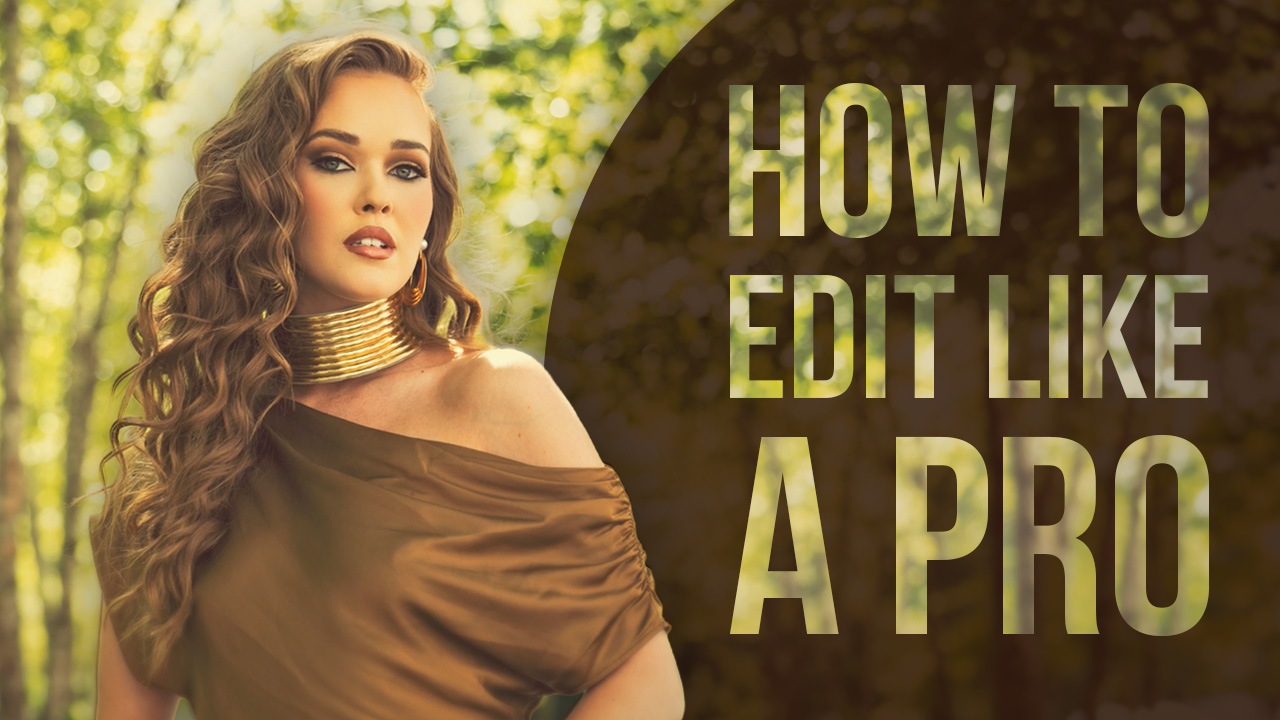// speedlight techniques

Start the New Year off right with 10 Speedlight tips and techniques guaranteed to take your photography to the next level! Photography is all about light and shadow. Being able to create the kind of light you want, when and where you want it, is where artificial light shines. Using Speedlights opens a whole new world of creative possibilities unavailable with natural light, and frees you from working around the constraints of the sun.
Can you really afford to shoot only three hours a day? As a working pro the more you shoot the more you earn. Shooting outside for only an hour and half in the morning and evening, when the sun’s light is best, limits the number of sessions you can shoot and therefore your earnings. Shooting with strobes allows you to control the light, not Mother Nature.
Having a solid grasp of artificial lighting gives your images a more polished, professional appearance, differentiating you in your market. Do you want edgy hard lighting, lighting with soft shadows, flat shadowless lighting, or soft and diffuse lighting? Each lighting style creates a different emotional effect. Knowing which techniques to use and which tools to reach for allows you to make informed decisions and create tailored rather than one-size-fits-all lighting.







